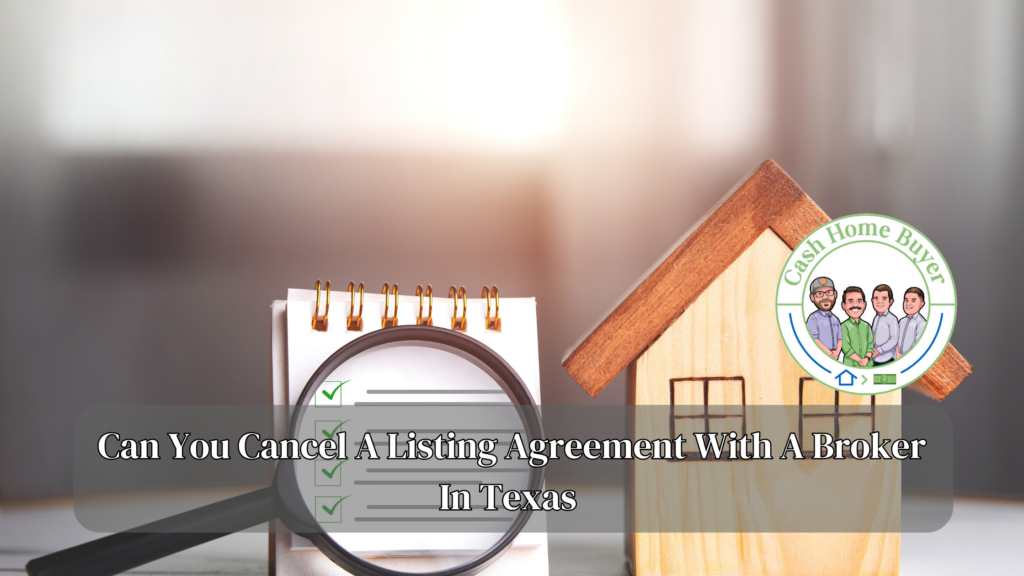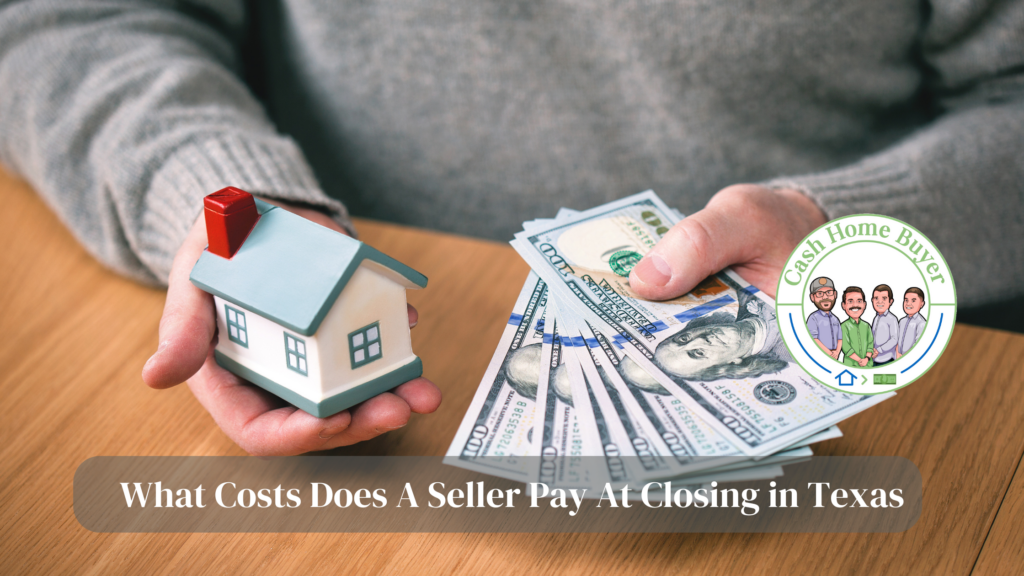
Understanding Delinquent HOA Dues In Texas: A Comprehensive Guide
Homeowners associations, also known as HOAs, are extremely important in Texas because they preserve residential communities’ overall quality and value.
If homeowners fail to make their payments on time, they may face significant repercussions for themselves and the community as a whole.
It is essential for homeowners and homebuyers in Texas to have a thorough understanding of delinquent HOA dues to avoid legal issues and financial burdens.
An in-depth look at the laws and regulations that pertain to unpaid HOA dues in the state of Texas, as well as the potential consequences for individuals who fall behind on payments, will be provided in this comprehensive guide.
The Impact Of Delinquent HOA Dues On Homeowners In Texas
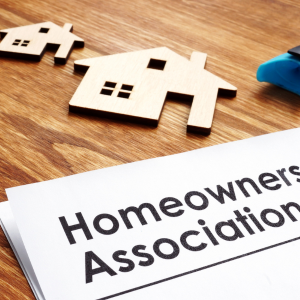
Nonpayment of HOA dues can have serious consequences for Texas homeowners. The association can impose penalties and fines for noncompliance.
These penalties can quickly accumulate, making it difficult for homeowners to catch up on their bills. Delinquent HOA dues can result in a lien on the homeowner’s property, potentially leading to foreclosure if unpaid.
This impacts not only the homeowner’s financial stability but also jeopardizes their property ownership. Delinquent HOA dues can make it difficult for homeowners to sell their property in the future, as potential buyers may hesitate to purchase a home with outstanding HOA fees.
It is critical that both current and prospective Texas homeowners understand the consequences of unpaid HOA dues and take the necessary steps to avoid becoming delinquent.
How To Avoid Falling Behind On HOA Dues In Texas
Texas homeowners should know the consequences of falling behind on their HOA dues. This can result in late fees and interest charges, and the HOA may also take legal action against them.
To avoid these negative outcomes, homeowners must stay on top of their bills and pay on time. Manage HOA dues, set up automatic payments, or create a budget.
Furthermore, staying informed about any changes or updates to the HOA’s rules and regulations can help homeowners avoid unexpected charges or penalties. If you are experiencing financial difficulties, communicate with the HOA, as they may be willing to work out a payment plan.
By taking proactive measures, homeowners can avoid falling behind on their HOA dues while also protecting their ownership rights and financial stability.
Exploring The Legal Consequences Of Unpaid HOA Dues In Texas
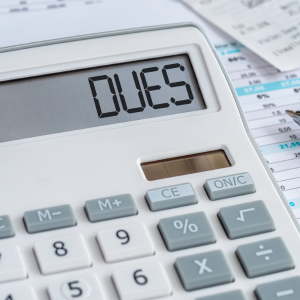
One of the most important responsibilities for current homeowners and potential homebuyers in Texas homeowners associations (HOAs) is to pay dues. Failure to pay HOA dues may seem insignificant, but it can have serious legal consequences.
In Texas, HOAs can place a lien on a property if the homeowner does not pay dues. This means that the HOA has a legal claim to the property and can foreclose if the dues are not paid on time.
Unpaid HOA dues can harm a homeowner’s credit score and make it difficult to sell their property. Purchasing a property with outstanding HOA dues means taking on the debt and potentially facing legal action from the HOA if payments are not made on time.
As a result, it is critical for both homeowners and homebuyers in Texas to understand the consequences of unpaid HOA dues to avoid future legal problems.
Negotiating Payment Plans For Delinquent Hoa Dues In Texas
Unpaid HOA dues in Texas can seriously impact current homeowners and prospective buyers. Failure to pay dues may result in late fees, interest charges, and even legal action from the HOA.
This can harm a person’s credit score and potentially lead to foreclosure. On the other hand, homebuyers looking to buy a property in a HOA community should be aware of any delinquent dues because they may be obligated to pay them off upon closing.
Delinquent homeowners may consider negotiating payment plans with their HOA. By arranging a payment plan, homeowners can avoid additional penalties and protect their credit while meeting their HOA obligations.
Both parties must communicate effectively and reach mutually beneficial agreements to avoid further complications with unpaid dues.
The Role Of Hoa Management Companies In Collecting Dues In Texas
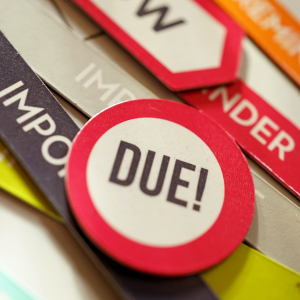
Homeowners’ associations (HOAs) are important in Texas because they keep neighborhoods in good shape and ensure maintenance fees are paid on time. Failure to pay HOA dues can be bad for homeowners and people wanting to buy a home.
Managing an HOA comes in handy here. These companies collect late fees and ensure that the HOA’s rules are followed.
They offer payment plans and reminders to homeowners, and if they don’t pay, they go to court. When buying a home in Texas in an HOA-governed neighborhood, it’s important for buyers to know what an HOA management company does and ensure all dues are paid.
Tips For Managing And Budgeting For HOA Dues In Texas
If you own a home in Texas or plan to buy one, ensure you know what happens if your HOA dues go unpaid. These fees depend upon the community’s upkeep and the protection of property values.
Building a monthly budget that accounts for all essential expenses, including your HOA dues, will help you manage and budget for them more effectively. Do yourself a favor and put some money aside each month to cover these costs; that way, you won’t be caught unawares.
Notifying yourself of any changes or increases to the HOA fees can also help you plan ahead. If you are experiencing financial difficulties, contacting your HOA board and discussing payment options is important so you don’t fall behind on payments.
Careful planning and financial management make it easier to maintain a harmonious relationship with your neighborhood and pay your HOA dues on time.
Navigating The Process Of Paying Off Delinquent HOA Dues In Texas

Regarding Texas homeowners associations (HOAs), one of the most important things for current and prospective homebuyers to understand is the consequences of unpaid HOA dues. If a homeowner fails to pay their dues, HOAs in Texas can place a lien on the property.
This can make selling the property difficult and even lead to foreclosure. However, homeowners and buyers should be aware of a method for paying off delinquent HOA dues in Texas.
It entails negotiating with the HOA, understanding any additional fees or interest that may accrue, and adhering to state-specific guidelines and regulations. By carefully navigating this process, homeowners and buyers can avoid potentially expensive consequences while maintaining a positive relationship with their HOA.
Understanding Your Rights As A Homeowner With Delinquent Hoa Dues In Texas
As a Texas homeowner, you should know your rights regarding past-due HOA dues. If you don’t pay on time, you can suffer bad consequences.
Texas state law says that people who don’t pay their HOA dues can be fined, have their homes repossessed, or even be charged late fees and interest. It is very important to know your HOA’s exact rules and regulations and to pay any past-due fees as soon as possible.
If you don’t do this, the HOA board could take legal action against you. If you want to buy a house, you should also find out about the HOA’s finances and any past-due bills before you do so you don’t end up with unpaid fees or legal problems.
If you know your rights as a homeowner, you can avoid these problems and keep your neighborhood in good shape for everyone’s sake.
Common Misconceptions About Delinquent HOA Dues And Homeownership In Texas
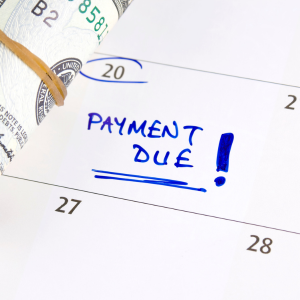
There are numerous misconceptions about delinquent HOA dues and homeownership in Texas. One of the most common misconceptions is that homeowners can simply ignore their unpaid bills without facing any consequences.
This is far from the truth, as failure to pay HOA dues can result in legal action against the homeowner, including placing a lien on their property. Another misconception is that potential homebuyers can inherit any outstanding HOA dues from the previous owner.
HOA dues are considered personal debt and do not transfer to the new homeowner unless otherwise specified in the purchase agreement. It is critical for both homeowners and homebuyers to understand the potential consequences of unpaid HOA dues in Texas to avoid unexpected financial or legal issues in the future.
Exploring The Relationship Between Property Values And Delinquent Hoa Dues In Texas
Texas Homeowners Association (HOA) dues are essential to property values. However, unpaid dues can harm homeowners and potential homebuyers.
Delinquent HOA dues can result in property liens and foreclosure. The delinquent homeowner’s credit and financial stability are affected, as are community property values.
One non-paying homeowner strains the HOA’s budget, making it difficult to maintain common areas and amenities that make the neighborhood appealing. Thus, homes in communities with high HOA dues delinquency rates may lose value and make it hard for homebuyers to get financing or insurance.
Therefore, Texas homeowners and potential buyers must understand the relationship between property values and delinquent HOA dues.
The Impact Of Covid-19 On Delinquent HOA Dues In Texas Communities
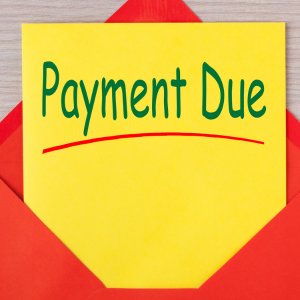
Concerning unpaid HOA fees, the COVID-19 pandemic has greatly affected Texas homeowners and homebuyers. Some homeowners haven’t been able to make their HOA payments because they’ve been having trouble with money or losing their jobs.
As a result, more Texas communities are having trouble paying their HOA dues. When homeowners can’t pay their HOA dues, the HOA may take legal action, charge late fees, or charge interest.
Others who want to buy a home in a community with past-due HOA dues might have trouble getting financing or have to pay the past-due amounts when the deal closes. So, it’s important for both current homeowners and potential buyers in Texas to know what happens if HOA dues aren’t paid during these uncertain times.
Investigating The Causes Of Delinquency Among Homeowners Association Members In Texas
Texas Homeowners Association members struggle with unpaid HOA dues, which could affect current and future homeowners. HOA members often fall behind because they forget to pay their dues.
The cause may be a lack of understanding about timely payments or overlooking the invoice during a busy schedule. Some homeowners may dispute the amount owed or feel they are not receiving adequate HOA services and withhold payment in protest.
Financial issues like job loss or unexpected expenses make it hard for homeowners to pay their dues, causing delinquency. Current and prospective Texas homeowners must understand these causes and their effects to avoid HOA delinquency.
The Importance Of Timely Communication When Dealing With Delinquent Hoa Dues In Texas
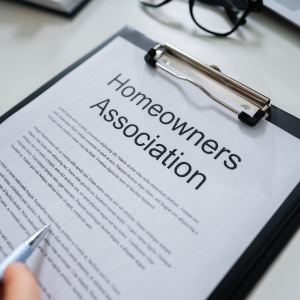
When dealing with delinquent HOA dues in Texas, homeowners and homebuyers require timely communication. Unpaid dues can have serious consequences, and the homeowner may face legal action.
To avoid potential issues, homeowners should stay informed about their HOA dues and ensure they are paid on time. Homebuyers should thoroughly research HOA regulations and fees prior to purchasing a property to avoid surprises or unexpected financial burdens.
Effective communication among all parties involved can help avoid misunderstandings and ensure everyone understands their responsibilities regarding HOA dues in Texas.
How To Handle Disputes Over Unpaid HOA Dues In Texas Communities
Unpaid HOA dues can have serious consequences for Texas homeowners and homebuyers. When there is a dispute over unpaid dues, all parties must know their rights and responsibilities.
Homeowners should first attempt to resolve the issue directly with the HOA by communicating clearly and providing any required documentation. Homeowners can request mediation or arbitration from the Texas Real Estate Commission if the dispute remains unresolved.
Homebuyers should always thoroughly review HOA rules and regulations before purchasing a property to avoid unpleasant surprises or legal complications caused by unpaid dues. It is critical that both parties resolve these disputes quickly and effectively to maintain a harmonious community and protect their own interests.
What Happens If You Don’t Pay Your Hoa Dues In Texas?
Paying dues is an important responsibility for Texas homeowners associations (HOAs). However, some homeowners may struggle to make these payments.
If you cannot pay your HOA dues in Texas, there may be serious consequences for current homeowners and prospective buyers. Failure to pay dues may result in late fees, interest charges, and even legal action from the HOA.
Furthermore, unpaid HOA dues can harm your credit score and potentially lead to foreclosure on your property. All Texas homeowners and homebuyers should understand the potential consequences of failing to pay their HOA dues on time.
What Is The Statute Of Limitations On Hoa Dues In Texas?

It is important for homeowners and homebuyers in Texas to understand the possible repercussions of unpaid HOA dues. The time limit for paying these dues is an essential consideration.
In Texas, the usual statute of limitations for homeowners association dues is four years from the due date. If a homeowner does not pay their HOA dues within the specified time frame, the HOA has the right to pursue legal action.
Homebuyers should be aware of the statute of limitations when considering a property with outstanding HOA dues; after that deadline has passed, the buyer may be held liable for the debt. The statute of limitations on HOA dues is important for Texans to know and keep themselves informed about to avoid future consequences.
What Is The New Law In Texas For HOA 2024?
Texas recently passed a new law addressing unpaid HOA dues, which will take effect in 2024. This law intends to clarify and protect homeowners and homebuyers when dealing with unpaid HOA fees.
Under this law, homeowners who fall behind on their payments will face harsher penalties, such as foreclosure or property liens. On the other hand, homebuyers must thoroughly review any outstanding HOA fees before purchasing a property to avoid unexpected financial burdens.
With the new law in place, it is critical that all parties involved understand the consequences of unpaid HOA dues to avoid future legal issues.
What Is The Maximum Late Fee For HOA In Texas?
In Texas, homeowners and homebuyers should be aware of the consequences of not paying their HOA dues on time. Understanding the maximum late fee that an HOA can impose is critical.
According to state law, the maximum late fee for unpaid HOA dues in Texas is 10% of the amount owed. If a homeowner or homebuyer fails to pay their HOA dues on time, they may face a significant financial penalty and other HOA-imposed consequences.
Individuals who live in or are considering purchasing property in a Texas HOA community must become acquainted with these regulations and pay their dues on time to avoid potential issues.
This information applies to Texas and its cities, including Austin, Houston, El Paso, and more. Please call us at (214) 617-1510 for assistance or if you have questions. You can also visit our website at A Cash Home Buyer for more details.
| [ | |||||
| “ | ’ | “ | , | ||
| “ | & | “ | |||
| , | |||||
| “ | ] | “ | ] |




